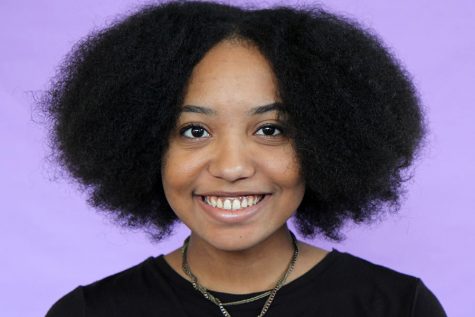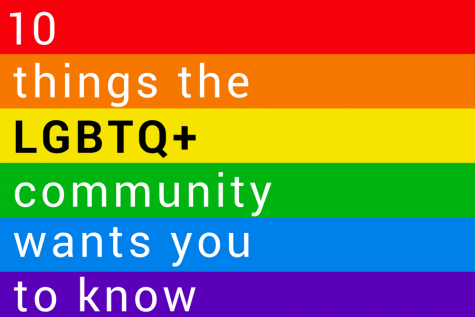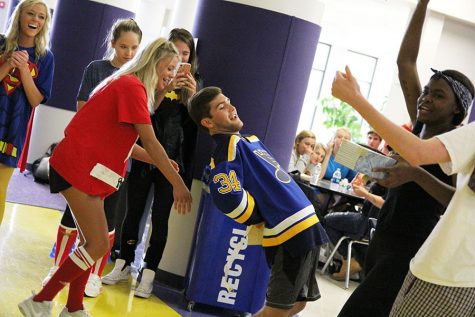10 things black students want you to know

February is known as Black History Month in the United States.
The idea of Black History Month came from Negro History Week, which was founded by Dr. Carter Woodson in 1926. He created the week with the intention of teaching more black history in public schools.
Negro History Week became the middle week of February as it incorporated the birthdays of Frederick Douglass, abolitionist, and President Abraham Lincoln, Feb. 12 and Feb. 14.
The celebration of the week grew over time in cities and on college campuses around the country. It began to be celebrated as a month-long celebration in the 1960’s as the Civil Rights Movement gained steam.
A shift to a month-long celebration gained steam during the Civil Rights Movement.
Black History Month received official recognition by President Gerald Ford in 1976. The sitting U.S. President has recognized Black History Month every year since.
Celebrations of Black History Months have also gone global.
To honor the achievements of black citizens from their countries, Canada, the United Kingdom and the Netherlands all observe their own Black History Months. The United Kingdom and the Netherlands observe in October while Canada observes in February.
The contemporary celebration of Black History Month in the United States is a complex one.
While figures such as Martin Luther King, Jr., Barack Obama, Harriet Tubman, Rosa Parks and Jackie Robinson are all important and relevant to the story of black people in America, society should also be reminded of the black people who contributed to the creations of pacemakers, three-signal traffic lights, 3D special effects and rock n’ roll. These achievements are black history too.
While the importance of Black Panther, which premiered Feb. 16, is hard to ignore, so is the looming anniversary of the death of Trayvon Martin, Feb. 26. His death, the deaths of countless others and the movements risen from them are black history too.
For a country that celebrates black athletes, black musicians and black culture as much as it does, one would think that American society would be less ignorant about the history of those who built this country.
It’s time to assess how well society is respecting the original intent of Negro History Week: to educate others about the history of the black experience in this country and to celebrate blackness.
Here are 10 EHS students who are willing to start this conversation.
Your donation will support the student journalists of Eureka High School - MO. Your contribution will allow us to purchase equipment and cover our annual website hosting costs.

@mperezEHS_hub
This is Perez's third year on staff where she serves as a reporter for the Hub. One word to describe her: independent. Perez is involved...















